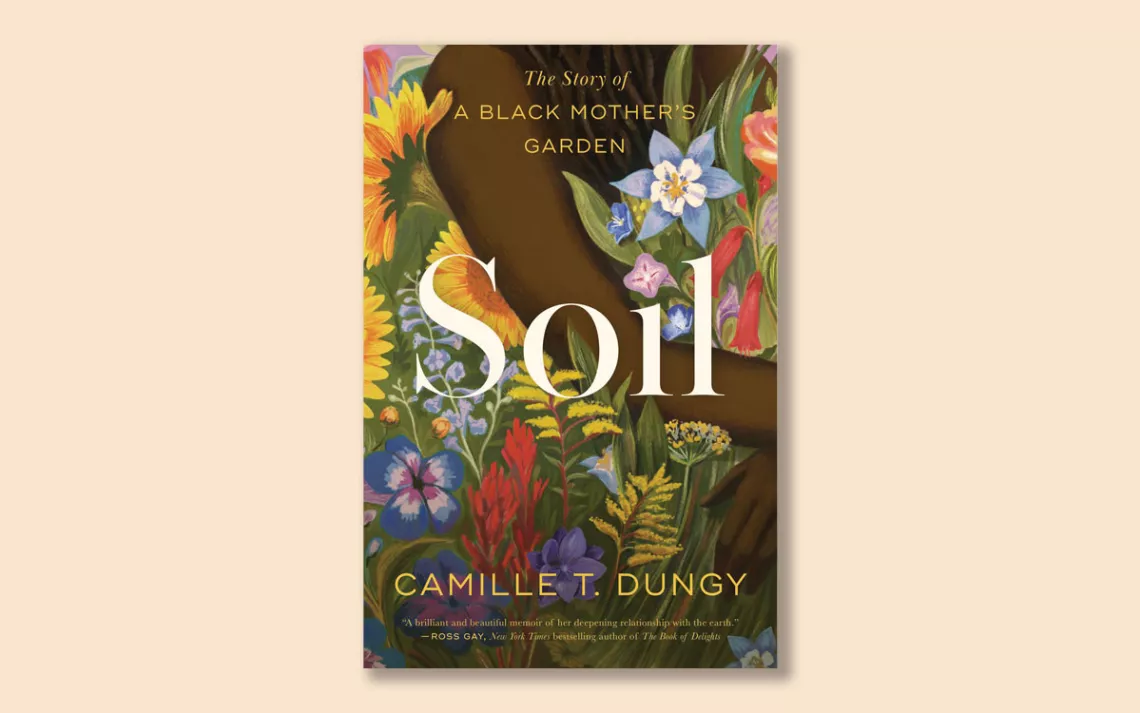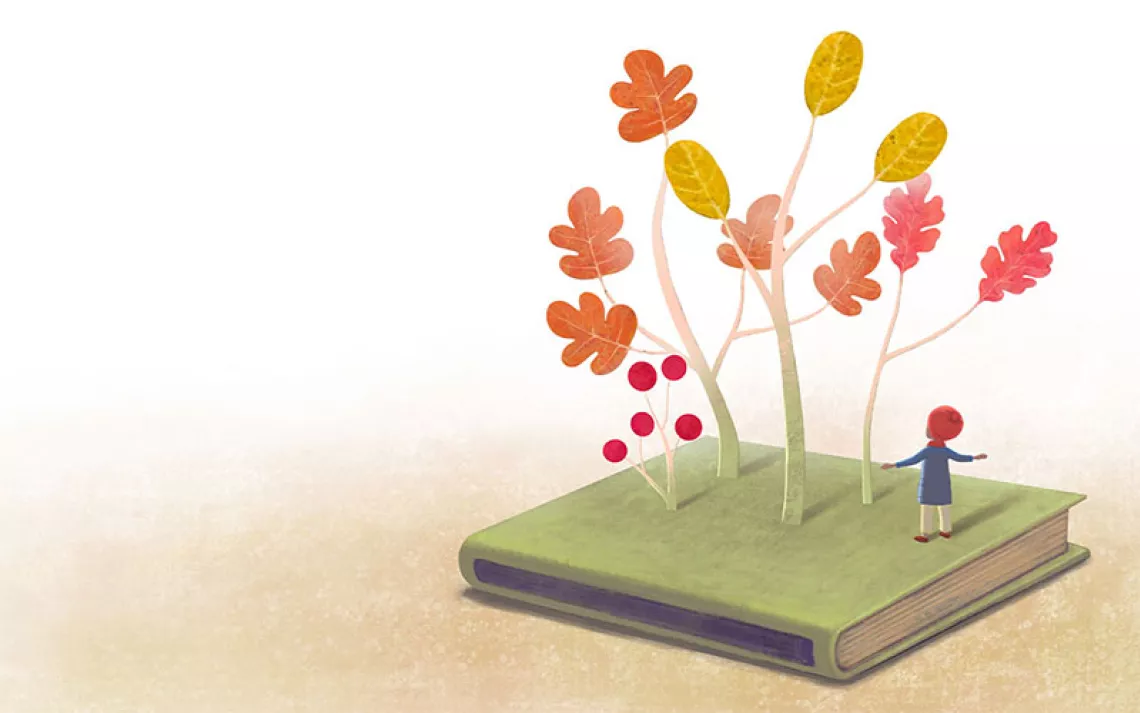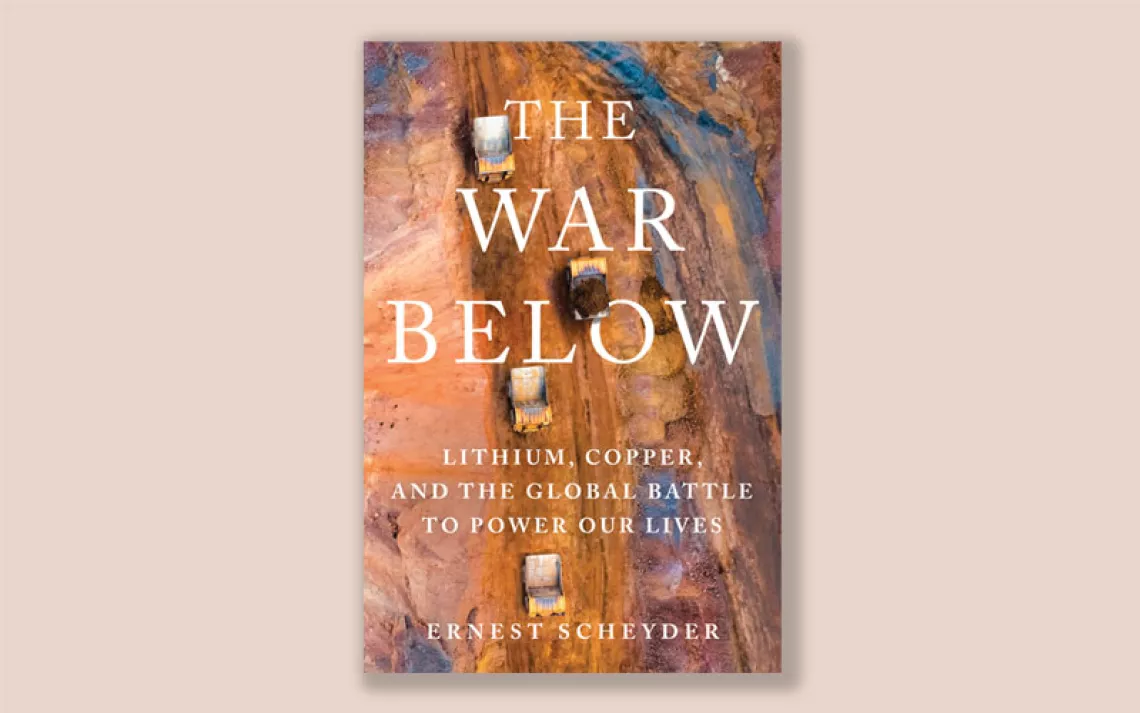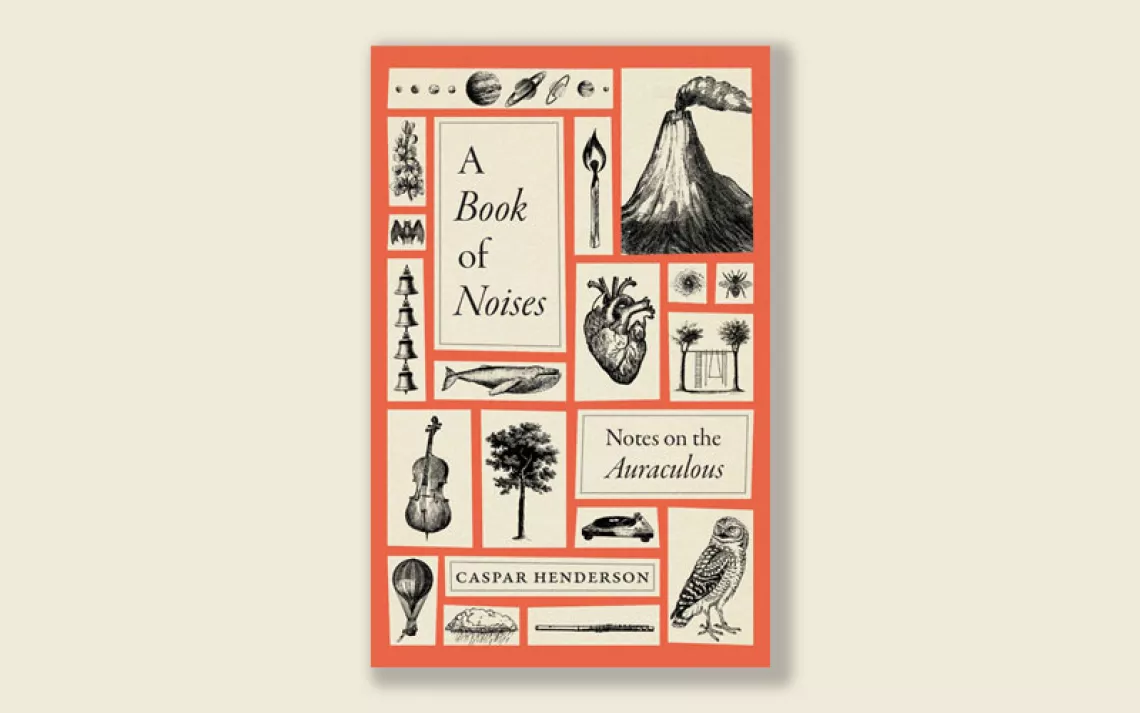How Can We Reclaim Our Sense of Wonder?
Camille T. Dungy lifts up the awe of the mundane in her new book, "Soil"

The paragons of environmental literature often revel in an appreciation for untrammeled wilderness. These ruminations, however, generally leave out everyday life in the modern world. Enter Camille T. Dungy's latest book, in which solitary awe of the natural world is exchanged for a sense of environmental wonder found within the rituals of the 21st century.
In Soil: The Story of a Black Mother's Garden (Simon & Schuster, 2023), Dungy's insights come not from sitting atop a majestic peak but rather from cultivating her suburban garden in Fort Collins, Colorado; making dinner for her family; and viewing the animals outside her window. She also looks to the cast of people who oscillate around her. For Dungy, the neighbor who helps secure a tarp over freshly delivered soil before winter is just as much a part of the natural world as the bunnies that frequent her yard and the trees out front whose gender is a topic of contemplation.
"I want what is inside my doors to be part of this conversation," Dungy writes, after considering the distinction between wilderness and the human world. "I don't want to separate my life from other lives on the planet."
At times, as when Dungy is sowing seeds in her pollinator garden, the connections between what she calls "quotidian honesty" and the natural world are crystal clear. But sometimes the connections are more ephemeral and unexpected, as when she blends family and Black history into lush passages of environmental introspection. "Maybe my people are like dandelions, planting ourselves where the earth offers openings," Dungy writes, recounting how her great-uncle had to pursue his education at Colorado State University because schools in his native Louisiana and neighboring states barred his admission. "Or maybe we're more like irises—able to withstand division. Thriving and flourishing in many climates and soils."
 The Magazine of The Sierra Club
The Magazine of The Sierra Club






